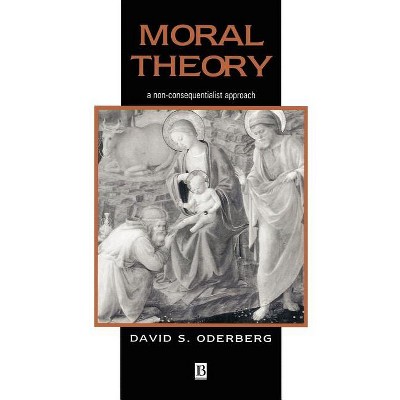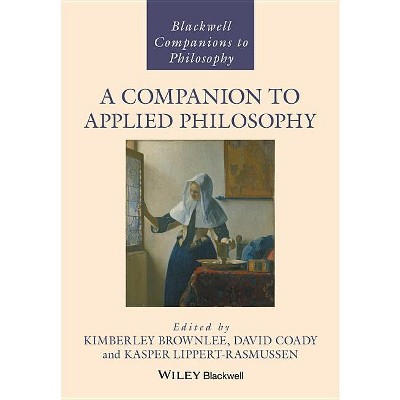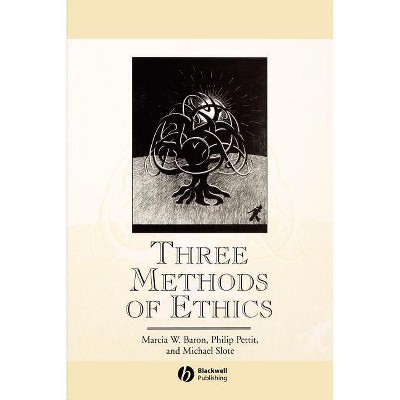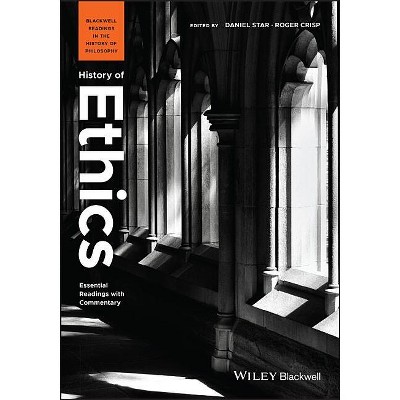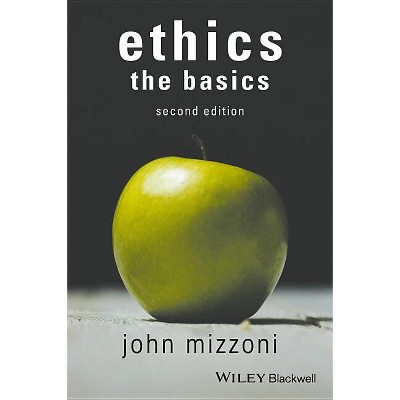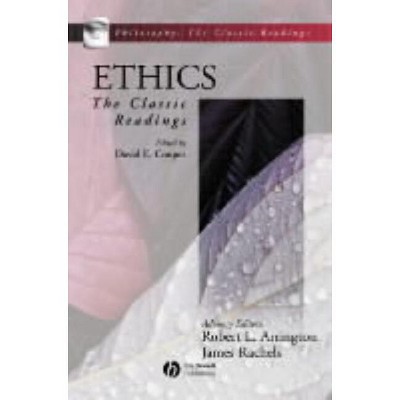About this item
Highlights
- Applied Ethics focuses the central concepts of traditional morality - rights, justice, the good, virtue, and the fundamental value of human life - on a number of pressing contemporary problems, including abortion, euthanasia, animals, capital punishment, and war.
- About the Author: David S. Oderberg is Lecturer in Philosophy at the University of Reading.
- 264 Pages
- Philosophy, Ethics & Moral Philosophy
Description
Book Synopsis
Applied Ethics focuses the central concepts of traditional morality - rights, justice, the good, virtue, and the fundamental value of human life - on a number of pressing contemporary problems, including abortion, euthanasia, animals, capital punishment, and war.From the Back Cover
Recent years have seen the revival of the application of moral philosophy to contemporary practical problems, and a corresponding explosion of books on the subject. Most of these books, however, defend approaches that are consequentialist or specifically utilitarian in nature.Applied Ethics, and its companion volume Moral Theory, provide a viable alternative to consequentialist orthodoxy. Applied Ethics focuses the central concepts of traditional morality - rights, justice, the good, virtue, and the fundamental value of human life - on a number of pressing contemporary problems, including abortion, euthanasia, animals, capital punishment, and war.
Applied Ethics and Moral Theory, make an important contribution to contemporary ethical debates, which will be useful both to undergraduates and professional philosophers.
Review Quotes
"The best accessible guide to "just war" theory, and the whole Aquinas approach to philosophy, is Applied Ethics by David S. Oderberg, published by Blackwell." Michael Gove, The Times, September 26, 2001
"It is a robust and uncompromising defence of traditional values." Stuart Reid, The Spectator, 25th November 2000
"Not the least merit of Oderberg's treatment of [the themes in Applied Ethics] is attention to the detail of realistic cases. This is casuistry in the true sense, designed to reveal and develop the lineaments of our actual moral thinking..." Anthony O'Hear, Salisbury Review
"Oderberg's discussion of [the] issues is rich and thought provoking. [The] work is, even for non-believers, an important and engaging statement of non-consequentialist moral theory" Kaspar Lippert-Rasmussen, The Philosophical Quarterly, vol. 51, no. 204, July 2001
"...very carefully written work that contributes to the diversification of literature available for bioethical formation and which intervenes critically in the ongoing bioethical debate in western societies." Medicine, Health Care and Philosophy, Vol. 6, 2003
About the Author
David S. Oderberg is Lecturer in Philosophy at the University of Reading. A graduate of the Universities of Melbourne and Oxford, he is author of The Metaphysics of Identity over Time (1993); co-editor, with Jacqueline A. Laing, of Human Lives: Critical Essays on Consequentialist Bioethics (1997), and editor of Form and Matter: Themes in Contemporary Metaphysics (Blackwell, 1999).






